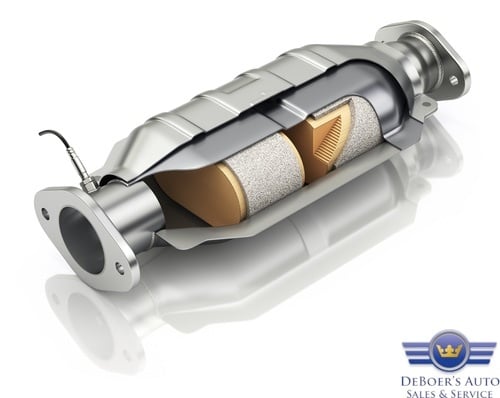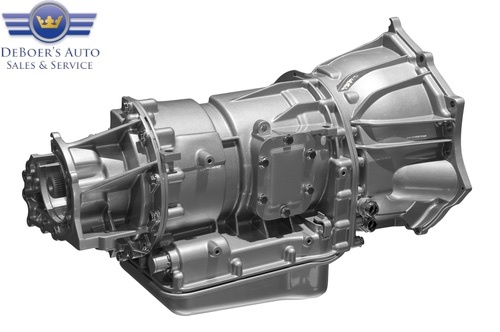If you’ve been told your car’s catalytic converter needs to be replaced, your first question may have been, “What’s a catalytic converter?” Learning the importance of this critical exhaust system part, your follow-up question was probably, “How much is that going to cost?” If you have yet to have this conversation with your service provider, read on so you will be educated in the event you receive this diagnosis in the future.
The Catalytic Converter: Why It’s So Important
When you take your vehicle for an emissions test, your car’s catalytic converter plays a major role in whether your car passes or fails. A car’s engine generates nitrous oxide, which contributes to air pollution. The catalytic converter converts nitrous oxide into harmless nitrogen and oxygen. It also converts poisonous carbon monoxide into carbon dioxide and converts unused hydrocarbons into carbon dioxide and water. This essential exhaust-system component performs all of these functions before harmful chemicals can be emitted into the environment. Although most catalytic converters are designed to last for the lifetime of a car, replacement may be needed if the unit is damaged or fails due to improper or insufficient maintenance. Theft is another reason this part may need to be replaced; catalytic converters are popular among scrap-metal thieves.
OEM vs. Aftermarket Catalytic Converters: The Basics
As with most automotive parts, when you need a replacement catalytic converter, you can opt for an original equipment manufacturer (OEM) or aftermarket part. There are pros and cons with either option. When you’re facing expensive car repairs, you can definitely save money choosing an aftermarket part. A catalytic converter is an expensive part to replace. The cost of OEM and aftermarket parts vary depending on quality and where you purchase them, but as a general rule of thumb, an aftermarket catalytic converter typically costs a fraction of an OEM model. On the other hand, the saying “you get what you pay for” is usually accurate.
With an OEM part, you can be certain you are receiving a high-quality part from a reputable manufacturer. When you have your car emissions tested and you have an OEM catalytic converter, you can be confident your vehicle will pass. On the other hand, just as not all local car repair shops are reliable, not all aftermarket parts are reliable. Aftermarket part quality varies tremendously. If you do decide you can’t afford a high-quality OEM replacement converter, be sure you research whether the aftermarket part you’re considering meets EPA requirements and has a warranty of at least five years/50,000 miles. A reputable repair shop will likely encourage you to find a way to afford a high-end OEM part. If that’s not an option, the shop should be able to guide you toward high-quality aftermarket parts. It’s usually not wise to choose the cheapest option because you’ll probably find yourself needing to replace it again. There are many reasons for the aftermarket versus OEM price disparity. One key reason is aftermarket manufacturers skimp on strong yet expensive precious metals, such as platinum, palladium or gold.
Overall, Aftermarket Catalytic Converters Perform the Same Functions as OEM Converters
One safety measure that ensures the catalytic converter is operating as intended is the PO420 check-engine diagnostic code for catalytic converter efficiency. If your converter is malfunctioning or not operating as efficiently as it should, you’ll see this code illuminate on your dashboard. If you use an aftermarket replacement catalytic converter, your car will set this code just as it will with an OEM part. A quality aftermarket converter should work. Whether it will last as long as an OEM part isn’t guaranteed.
If your exhaust system has failed an emissions test or you notice a PO420 code, contact us at DeBoer’s Auto Sales & Service. We provide reliable, high-quality car repairs in Sussex and are exhaust-system experts. Our mission is to provide outstanding service using high-quality parts that will ensure you only have to replace your catalytic converter once.











